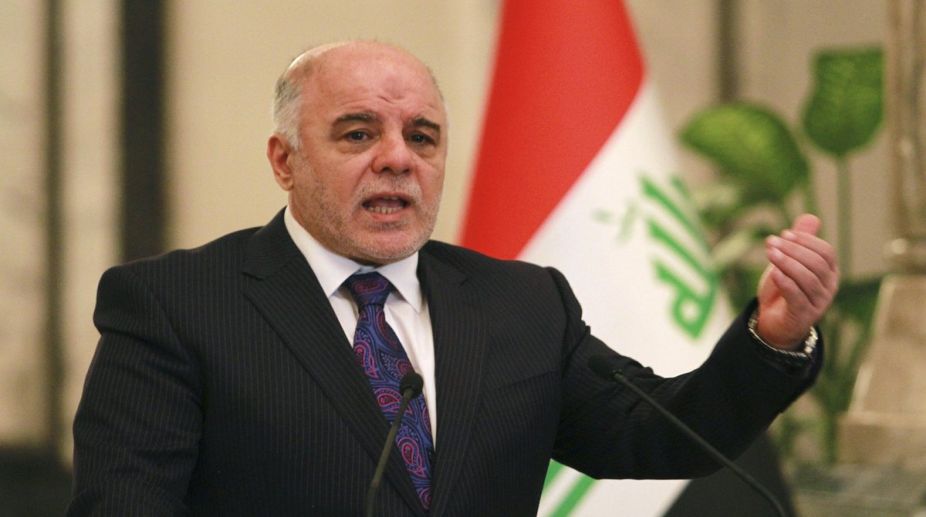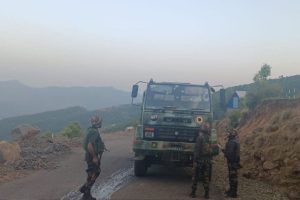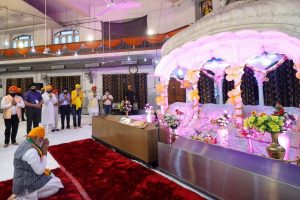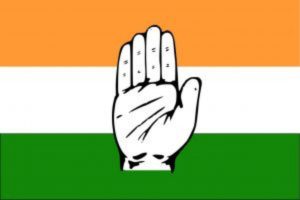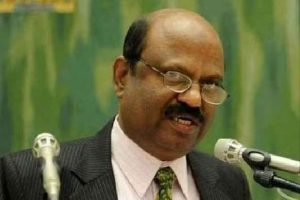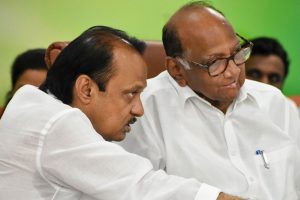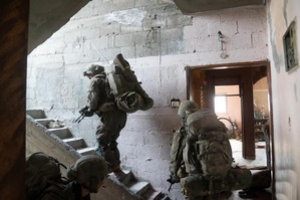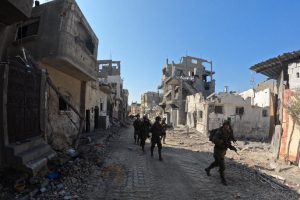Iraq’s Prime Minister, Haider-al-Abadi, had once vowed to recapture Mosul, the country’s second largest city of Iraq, from the control of ISIS by the end of 2016. American military commanders, assisting the Iraqi troops, were also quite optimistic, and hoped that the victory would be swift. But this has not actually happened. It bears recall that ISIS had captured Mosul in June 2014 when Iraqi troops literally broke up and fled. There was a nightmarish fear that ISIS troops would march ahead and storm the capital, Baghdad. Now after two-and-a-half years, the tide has turned and the Caliphate is on the retreat. The Iraqi security forces are in control of Qyaarah airport, some forty miles south of Mosul. It has now been refurbished and has become the logistical base and the collecting point for the Iraqi forces gathering for the attack. At least 600 American advisors and special forces are training and guiding the Iraqis in their operations.
It now seems that the ability of the jihadists to hold on and cause indiscriminate damage was overlooked by the security forces. They underestimated the capability of the militants to cause damage and carnage. The jihadists have successfully used booby traps, improvised landmines and hundreds of suicide bombers to hold back the advance of the Iraqi forces. Elaborate tunnel networks in west Mosul have enabled the militants to launch surprise attacks on the Iraqi forces in areas supposedly cleared… and then escape. In the ongoing Mosul operations, the Iraqi forces have suffered heavy casualties and the Government so far has not released the casualty figures.
According to Michael Knight of the Washington Institute, an American think-tank, about 25,000 Iraqi army and special forces, are taking part in this operation. Another 6,000-strong Sunni tribal force has been recruited from the neighbouring areas, and is involved in this operation. Kurdish Peshmerga forces, as well as Shia People’s Liberation Force, are also ready to operate. They have not been involved so far in the operation for the recapture of Mosul, fearing an impact on the area’s Sunni population.
The Iraqi forces have already occupied the eastern part of the city, which is split in half by the Tigris river and the battle for occupation of the western part is raging. The battle is getting tougher as the old city’s narrow lanes and by-lanes, enabled the suicide bombers and the snipers to prey on the Iraqi troops. Heavy fighting is also taking its toll on the civilian population. The Iraqi government has dropped leaflets urging the residents numbering about 7,50,000 not to leave their homes. But given the siege-like condition, many will be forced to flee.
The Caliphate, however, is steadily losing ground and staring at inevitable defeat. With the intensification of air strikes, many bureaucrats are seeing the writing on the wall and have started to flee. The fall of Mosul will deal a severe blow to ISIS. It was from here that Al-Bagdadi, its leader, declared his Caliphate. It still has some strength left. It has a fanatical core of about 5000 battle-hardened jihadis in west Mosul alone. They will give a tough fight, as they had earlier done in east Mosul. There are also a number of foreign fighters who know that they cannot blend into the native population and escape to Raqqa, the capital of the Caliphate across the border in Syria. They are prepared to fight to die. With the Kurdish-led ground forces advancing towards Raqqa, the fall of the capital is also a question of time. American commanders believe that the fall of Mosul and Raqqa will take place within six months.
ISIS is also in financial straits. Their collection of money through taxes, sale of oil and ransom has declined from $ 1.9 bn in 2014 to about $ 870 million in 2016, according to a study by King’s College, London. There are clear indications that the Caliphate’s short and brutal life is coming to an end.
In western Mosul, the Iraqi army has captured the airport, government complexes and all the roads in and out of the city. But even after the recapture of Mosul, there will be huge problems. Many of the citizens had collaborated with the occupiers and there is bound to be a settling of scores. Though the Shia-dominated Iraqi army has liberated the city, the Sunnis will demand a fair share of the power in the city and the neighbouring province of Nineveh. The Kurds will also claim their share of the recompense for breaking the back of ISIS. Again, rebuilding and reconstruction of Mosul will be a big task.
No battlefield victory against the jihadis will be complete and no diplomatic solution will be enduring unless the serious dispossession of the Sunnis is dealt with. Prime Minster Al-Abadi has tried to reach out to the Sunnis and heal the sectarian wounds. Power has to be shared with the sect equitably. This may not happen overnight, but the process must start.
There is a fragile detente among the anti-ISIS forces and the problem will intensify with the collapse of the Caliphate. Iraqi government and Iraqi Kurds are very likely to break apart. Kurds took advantage of the situation in 2014 to grab extensive lands disputed between themselves and the Arabs. With the collapse of the Caliphate, the Iraqi government may want to take back the territories.
There remains the baffling problem of holding on to a war-ravaged hostile territory after the ISIS is overthrown. Further, breaking up of the Caliphate will not snuff out the appeal of the ISIS and its malevolent ideology. It will continue to fester in many collapsed and failed states stretching from Algeria to Pakistan. Lone wolf supporters of ISIS will continue to attack western targets. Recent attacks, such as the one on Westminster last week, have been claimed by ISIS as acts of reprisal against western countries.
The writer is Senior Fellow, Institute of Social Sciences; former Director General, National Human Rights Commission; former Director, National Police Academy.

